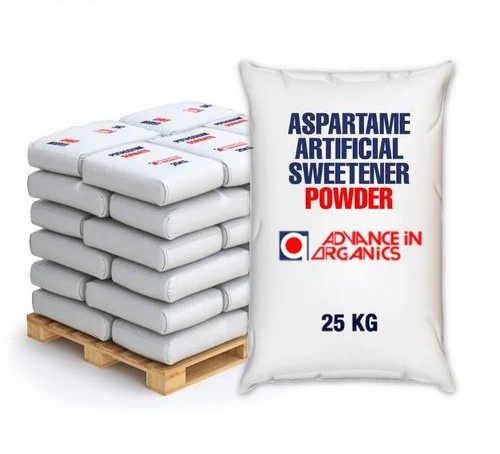The WHO announced on Friday it was now classifying aspartame, an artificial sweetener commonly used in soft drinks, as “possibly carcinogenic to humans.”
WHO’s International Agency for Research on Cancer (IARC) has classified aspartame as possibly carcinogenic to humans on the basis of limited evidence for cancer in humans (specifically, for hepatocellular carcinoma, which is a type of liver cancer). There was also limited evidence for cancer in experimental animals.
“We’re not advising companies to withdraw products, nor are we advising consumers to stop consuming altogether,” said Francesco Branca, the World Health Organization’s nutrition and food safety director.
“We’re just advising for a bit of moderation,” he said at a press conference
Branca said, “We have, in a sense, raised a flag here, indicating that we need to clarify much more the situation, but nor is it something which we can dismiss”.
In reply to a question from journalists, he said that it was better for consumers to drink more water instead of cold drinks.
The IARC’s Mary Schubauer-Berigan said the limited evidence for liver cancer came from three studies, conducted in the United States and across 10 European countries.
“These are the only epidemiological studies that examined liver cancer,” she told reporters.
Another expert panel, the WHO/FAO Joint Committee on Food Additives (JECFA), also reviewed aspartame and maintained its advice that it remains safe to consume within current recommended daily limits. For aspartame, this limit is 40 milligrams of aspartame per kilogram of body weight per day. Which means that an adult weighing 70 kg would need to consume between 9 and 14 cans of diet soft drink in one day to surpass the limit, assuming no other intake from other food sources.
Switching to water is better
Earlier in May, the WHO said artificial sweeteners, used to replace sugar in a vast range of products, do not help in losing weight and can have serious health effects.
The UN health agency released guidelines advising against using these non-sugar sweeteners.
Branca was asked about what choice should consumers make between a soft drink with added sugar, and one with added sweeteners.
“There should be a third option considered, which is to drink water instead and to limit the consumption of sweetened products altogether,” he answered.
“There are alternatives that do not contain either free sugars or sweeteners and those should be the products that should be preferred by consumers,” he added.




















